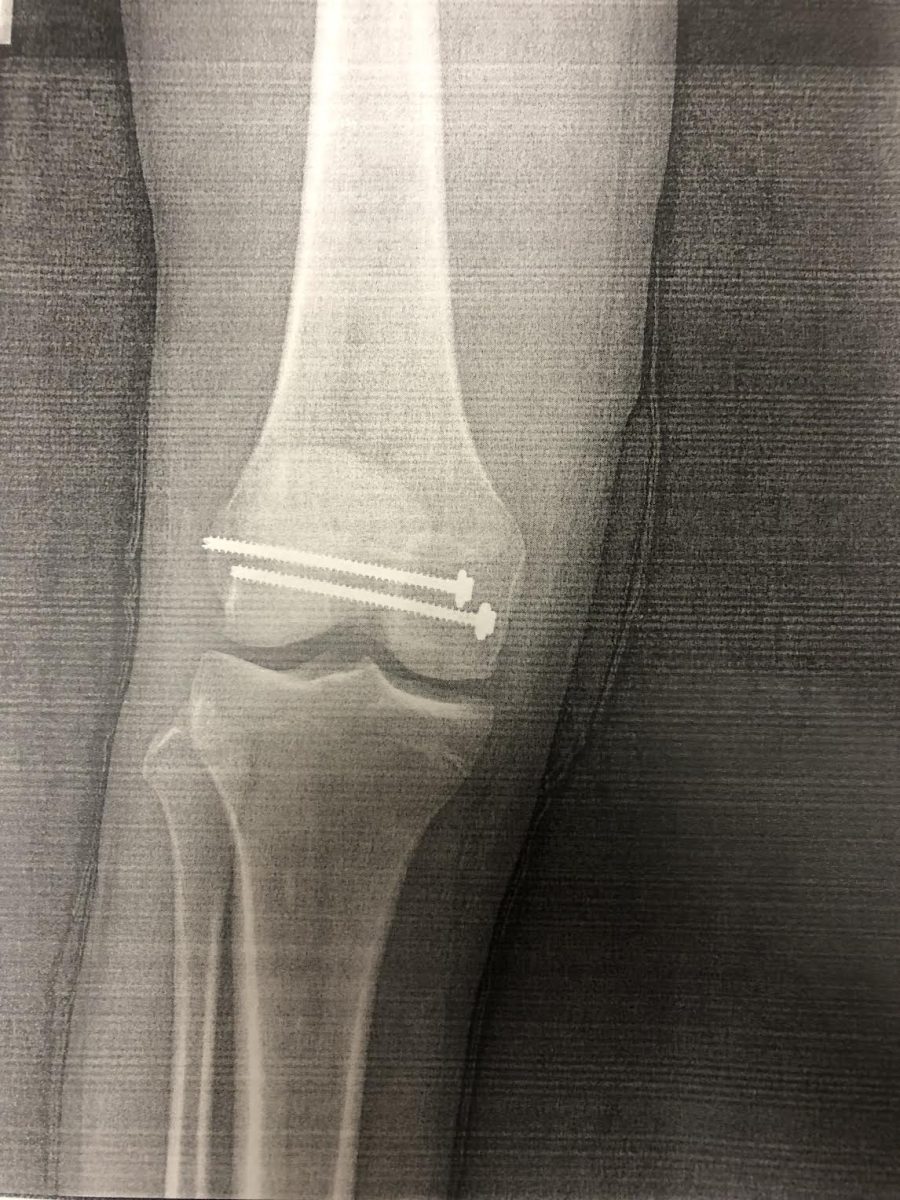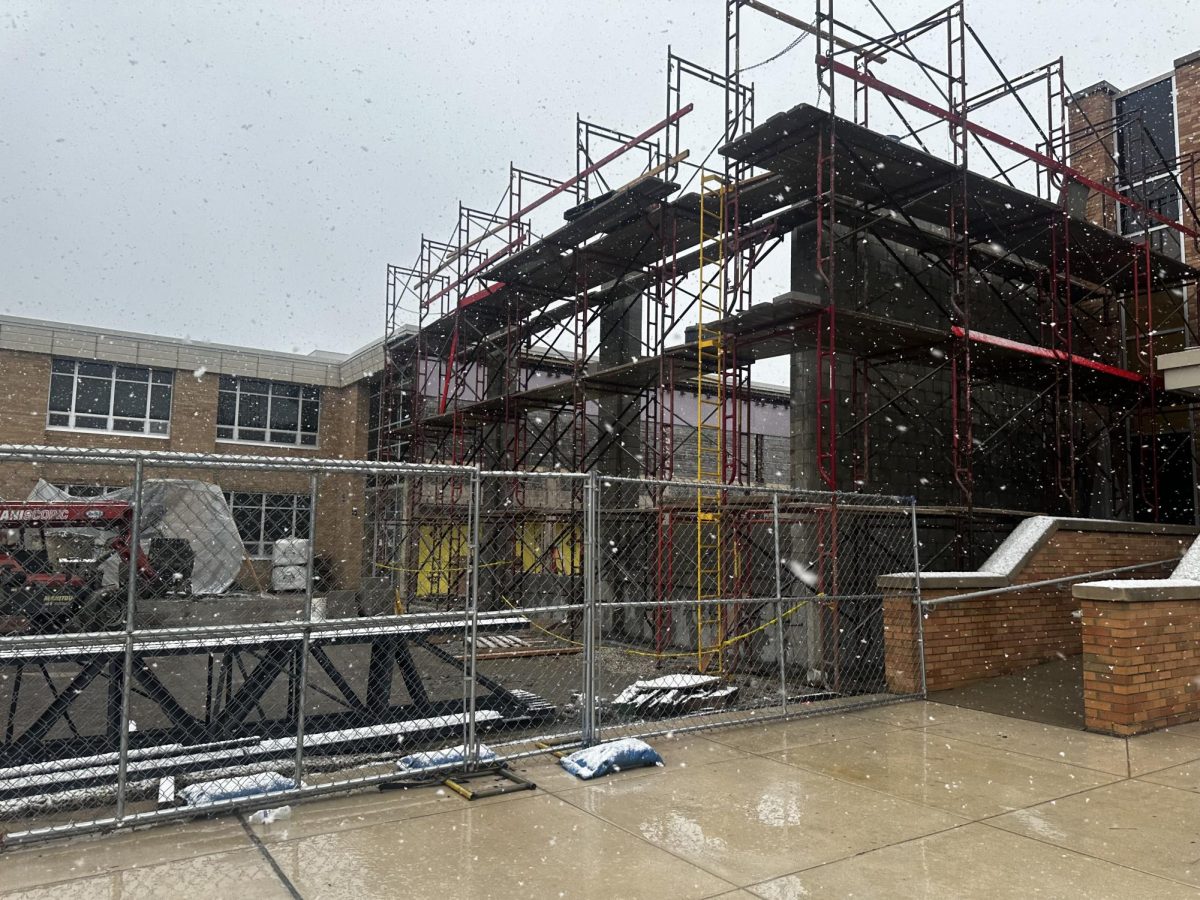The marijuana plant has been utilized by humans for hundreds of years, including as rope or herbal medicine. Hemp plants were found to be grown by colonists in Virginia, Massachusetts and Connecticut. Today, the plant is used for its tetrahydrocannabinol (THC) properties. THC is a psychoactive chemical that causes a high for those who inhale or ingest it.
Marijuana use was introduced in the early 1900s during the Mexican Revolution. The American culture started to use the drug recreationally and the government soon became aware of the situation. By 1930, 29 states had outlawed marijuana. As time went on in the United States, drugs became more detrimental to the U.S. population. The U.S. government recognized marijuana as a “gateway drug” and listed it as a Schedule 1 drug in 1970, along with heroin, LSD, ecstasy and more. The DEA (Drug Enforcement Agency) states that “Schedule 1 drugs, substances, or chemicals are defined as drugs with no currently accepted medical use and a high potential for abuse.”
Since 2018, states such as Colorado, Washington and Illinois have legalized the use of recreational marijuana. Although the drug is still illegal at the federal level, states such as Illinois recognized the revenue they could obtain through taxation. With Illinois’ new drug laws, they are expected to see two to four billion dollars in revenue from retail sales annually.
The Illinois General Assembly passed the Illinois Cannabis Regulation and Tax Act on May 31, 2019, to legalize recreational marijuana use starting on January 1, 2020. The bill was signed by Governor J.B. Pritzker on June 25, 2019. Recreational-use revenue in Illinois is expected to reach an estimated $1.6 billion a year. Illinois became the first state in the nation to legalize cannabis for recreational sale, and is the 11th state in the U.S. to allow recreational marijuana.
Although some only use marijuana for recreational purposes, there are also many who use it for medicinal purposes. According to ProCon.org, in May 2018, there were 2,132,777 registered medical marijuana users; however, some who use marijuana for medical purposes are not actually prescribed or registered to use it. For some people, they do not want their prescription to get in the way of employment; for others, it could be because their condition is not recognized as a reason to use medical marijuana. Carmichael Franco* uses medical marijuana to ease her arthritis and fibromyalgia.
“In California, I would have been prescribed it. But because it was not yet legal in Illinois, I could not bring it from California to here,” Franco said.
Illinois legalized medicinal marijuana use in 2013 when the Compassionate Use of Medical Cannabis Pilot Program Act was put into action. Despite medical marijuana being legal, some struggled to obtain it due to their conditions not being recognized as a cause to use medical marijuana; however, the new recreational marijuana law also expands on medicinal marijuana usage.
According to Jamie Munks of the Chicago Tribune, 11 conditions are now eligible for the medical cannabis program. These conditions include chronic pain, anorexia nervosa, autism, and other conditions/diseases. In addition, registered medical marijuana users can grow up to five marijuana plants.
Even though medical marijuana has been approved to treat certain diseases in Illinois, the U.S. Food and Drug Association (FDA) has not yet approved marijuana in general as a treatment. Only four specific medications derived from marijuana have been certified by the FDA for public use; Epidiolex, which is a cannabis-derived drug product, Marinol, Syndros and Cesamet, which are three drug products that are related to cannabis synthetically to treat appetite and nausea.
Despite it not being fully approved by the FDA, using medical marijuana has improved Franco’s life significantly. She hopes that the expansion of the use of medicinal marijuana in Illinois will lead to further research and conversation.
“I couldn’t drive or function with all the medication that I needed for fibromyalgia… knowing that this one plant can do so much, it would be great to do more research… and begin using it [medical marijuana] more than medications that cause more damage,” Franco said.
As a result of the expansion of medical marijuana and recreational marijuana usage, Antioch’s community government has started considering if the town should have dispensaries and other marijuana-related businesses. According to the Daily Herald, Antioch Trustees recently held a vote on whether Antioch should allow the sale of recreational marijuana, and Mayor Larry Hanson broke a three-to-three tie by voting in support of ordinance changes that would allow various marijuana-related businesses to be in Antioch. Hanson explained that he believed that if the state allowed the sale of recreational marijuana, Antioch should as well.
“I am not going to take a personal and moral position on something. We’re supposed to uphold the law of the land,” Hanson said.
Antioch having dispensaries is something that may happen in the future; in addition, some are wondering how the new law allowing recreational marijuana use will impact students. Antioch Community High School Dean Grant Murray believes that it is too early to really know, but he does not predict that the new law will impact students too much.
“I do have a little bit of a concern about maybe the accessibility of more edibles [because] things like that may become more common,” Murray said. “I don’t know that we can predict necessarily how this law is going to affect our students, but I don’t necessarily see a dramatic increase.”
Students are not the only ones who could be affected by the legalization of recreational marijuana; the Antioch and various Wisconsin police departments are also being impacted. Antioch is a border town, and as a result, there could be an increase in both the number of people attempting to take marijuana from Illinois to Wisconsin and in those driving under the influence. However, Lake County Sheriff Paul Sobrano believes that Antioch Police will be able to handle it in the future.
“It is still too early to tell what’s to come, but will it open up another can of worms? Of course, it will,” Sobrano said.
Even though the future is uncertain, the new law has the potential to bring new changes and challenges to Antioch that will have to be dealt with.
*name has been changed for employment reasons.





















![The Black Lives Matter movement has become a growing trend in recent years. Everything people post on Instagram and everything [related to] politics is a trend now sophomore Kelsey Aviles said. Despite how serious of a topic it is, some individuals post about BLM specifically because it is trendy.](https://www.sequoitmedia.com/wp-content/uploads/2020/12/Untitled-Artwork-3-900x318.jpg)